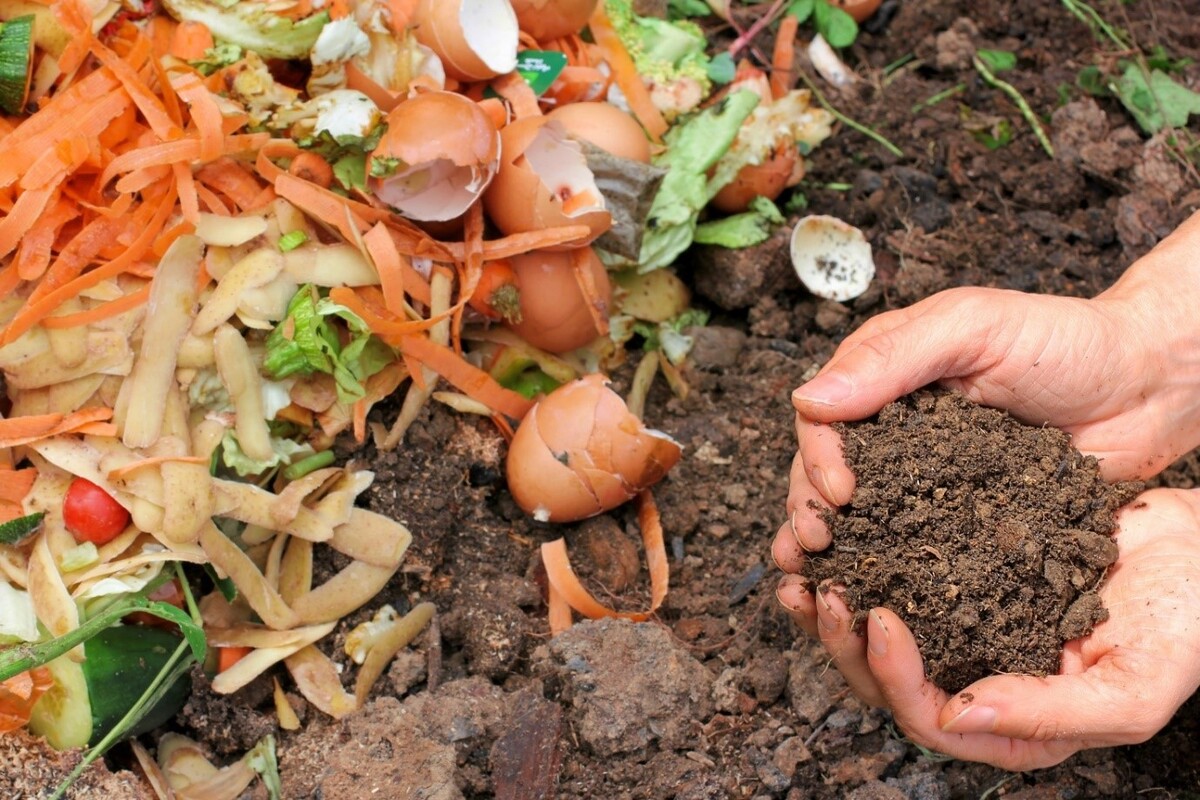Compost Awareness Week starts today helping gardens the climate change
03 May 2025, 8:00 PM

The constant rain in the past two months has made it difficult to get into the garden. One aspect of gardening that is not difficult in any weather is composting.
Today is the start of International Compost Awareness Week (ICAW) (May 4 to 10). This week, the focus of ICAW will be on selling the benefits of composting as nature’s master tool in fighting climate change.
They say that as the world and global governments tackle the effects of climate change through increased frequency of extreme weather events, such as flooding or bushfires, we have a powerful tool at our fingertips that can combat climate change — compost. Compost benefits the climate by reducing greenhouse gas emissions at landfills, enhancing carbon dioxide uptake by vegetation, which helps to increase our resilience to the effects of climate change.
“As a community, we can all contribute to a healthy planet by keeping food scraps out of landfill, and one of the ways is through composting either at home or through a council-provided collection service,” says Chris Rochfort, CEO of the Centre for Organic Research & Education (CORE).
Compost is nature’s master tool to combat climate change in many ways:
- Reduces the amount of organic waste that goes to landfill, which when disposed to landfill breaks down anaerobically and releases methane. Methane is a greenhouse gas with a global warming potential around 28 times that of carbon dioxide over a 100-year period.
- Improves drainage and aeration in the soil.
- Produces a nutrient-rich soil amendment.
- Retains soil moisture and reduces plant diseases/pests.
- Reduces heat island effects in urban areas.
- Increases resilience to the effects of climate change, such as drought and extreme weather.
“By returning compost back to the soil, it improves plant health and promotes biodiversity. If we reduce and recycle organic materials such as garden organics and food organics (FOGO), we can reduce greenhouse gas emissions at landfills, promote uptake of carbon dioxide by vegetation, and make our environment more resilient to the effects of a changing climate,” Mr Rochfort said.
He added: “Compost is one of nature’s essential building blocks that can solve so many of humanity’s current challenges, from climate change, such as soil moisture loss and contaminated run-off and sediment from entering our waterways. This is on top of compost being a fantastic amendment to add to soils to assist plant growth, nutrient retention and storing carbon. There’s no other product that can fulfil as many functions as compost can, and it can also save you money on using fertilisers and additional water.
“Compost may not be the most conventional solution to combating climate change, but it’s something that every household can do to utilise its full potential and stop our landfill pollution, save our soil and reduce our emissions.”
ICAW is a week during which Australians are encouraged to promote the importance and benefits of composting in their local communities. CORE, a public charity, has been championing this international awareness campaign exclusively in Australia for the past 20 years.
ICAW has contributed to reducing organic waste going to landfill and at the same time improving biodiversity in soils, and building up resilience to extreme weather events.

